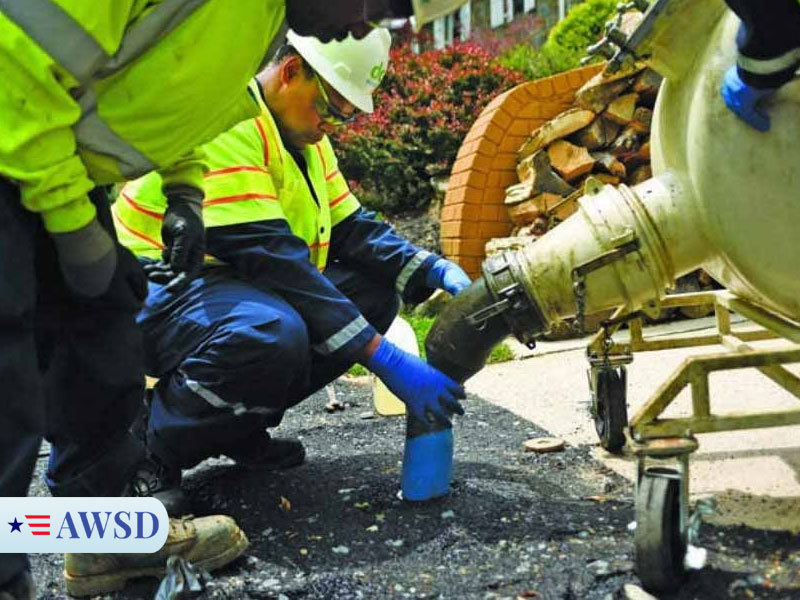
Navigating the World of CIPP Lining Contractors for Seamless Infrastructure Solutions
Introduction:
In the realm of infrastructure maintenance and repair, Cured-In-Place Pipe (CIPP) lining stands out as a revolutionary technology for rehabilitating aging pipelines. Choosing the right CIPP lining contractor is pivotal for achieving seamless and efficient infrastructure solutions. This guide is designed to help you navigate the complex landscape of CIPP lining contractors, ensuring a smooth and successful collaboration for your project.
1. Evaluate Contractor Specialization:
Look for CIPP lining contractors that specialize in the specific type of pipeline or infrastructure you are dealing with. Whether it's sewer lines, stormwater systems, or industrial pipes, a contractor with expertise in your project type is better equipped to deliver optimal results.
2. Check Industry Experience:
Consider the industry experience of CIPP lining contractors. A contractor with a proven track record and experience in handling diverse projects is more likely to possess the knowledge and skills necessary for successful CIPP installations.
3. Technology and Equipment:
Assess the technology and equipment used by the CIPP lining contractor. State-of-the-art equipment ensures the efficiency and precision of CIPP installations. Inquire about the contractor's commitment to staying updated on the latest advancements in CIPP technology.
4. Certifications and Compliance:
Verify that the CIPP lining contractor holds relevant certifications and complies with industry standards. Certification from recognized organizations demonstrates a commitment to quality and adherence to best practices in CIPP installations.
5. Project Portfolio and References:
Review the contractor's project portfolio and request references from past clients. A reputable CIPP lining contractor will readily provide information about their successful projects and references to validate their capabilities.
6. Insurance Coverage:
Ensure that the CIPP lining contractor carries comprehensive insurance coverage. Insurance protects both parties in the event of accidents or unforeseen incidents during the CIPP lining process.
7. Commitment to Safety:
Evaluate the contractor's commitment to safety protocols and practices. A reliable CIPP lining contractor prioritizes the safety of their team and adheres to industry-standard safety guidelines. This commitment ensures a secure working environment for all involved.
8. Transparent Cost Estimates:
Choose a CIPP lining contractor that provides transparent and detailed cost estimates. A trustworthy contractor should clearly outline the costs associated with the project, including materials, labor, equipment, and any potential additional expenses.
9. Communication and Project Management:
Assess the communication and project management practices of the CIPP lining contractor. Effective communication, clear project timelines, and proactive management contribute to a smooth collaboration and successful project outcomes.
10. Warranty and Post-Installation Support:
Inquire about the warranty provided by the CIPP lining contractor. A reputable contractor stands behind their work and offers a reasonable warranty period. Additionally, discuss post-installation support and the contractor's responsiveness to any issues that may arise.
Conclusion:
Navigating the world of CIPP lining contractors requires careful consideration of specialization, industry experience, technology, certifications, references, insurance coverage, safety practices, cost estimates, communication, project management, warranty, and post-installation support. By prioritizing these factors, you can confidently select a CIPP lining contractor that aligns with your project goals, ensuring the seamless rehabilitation of your infrastructure and the longevity of your pip
Feb 12, 2024